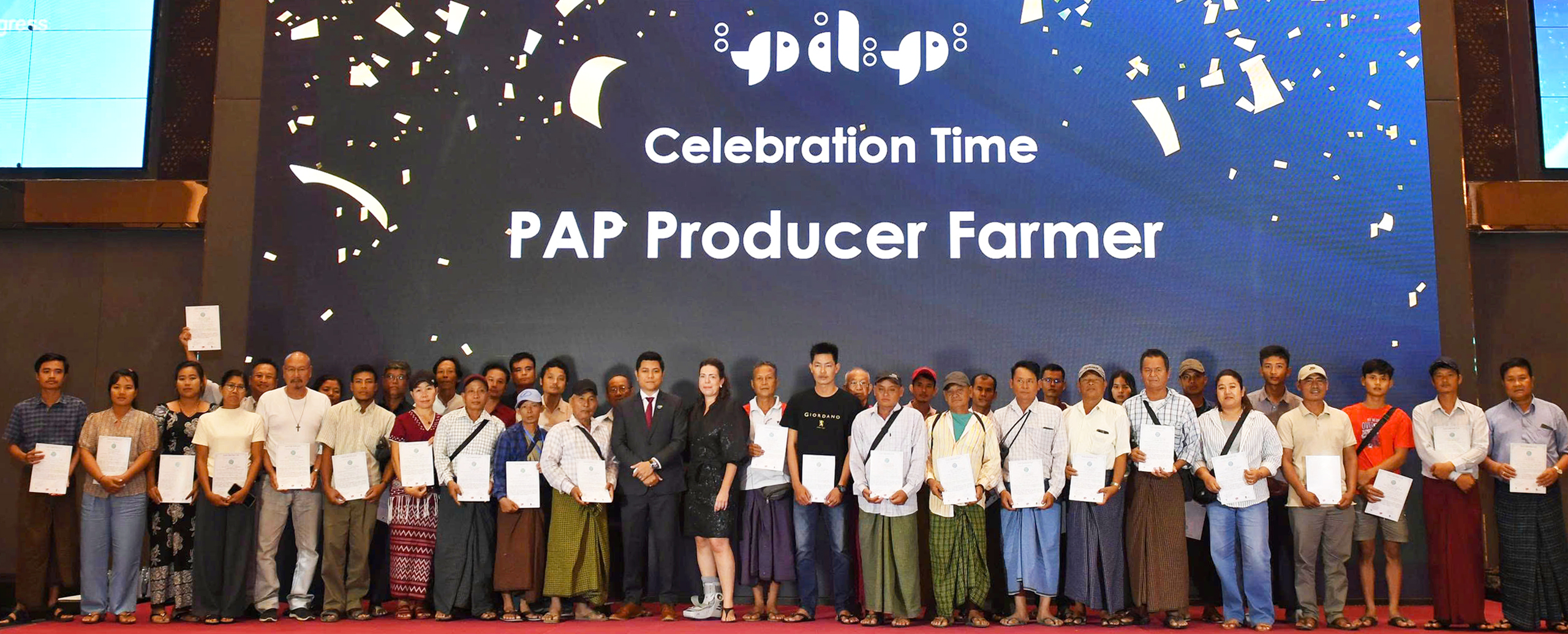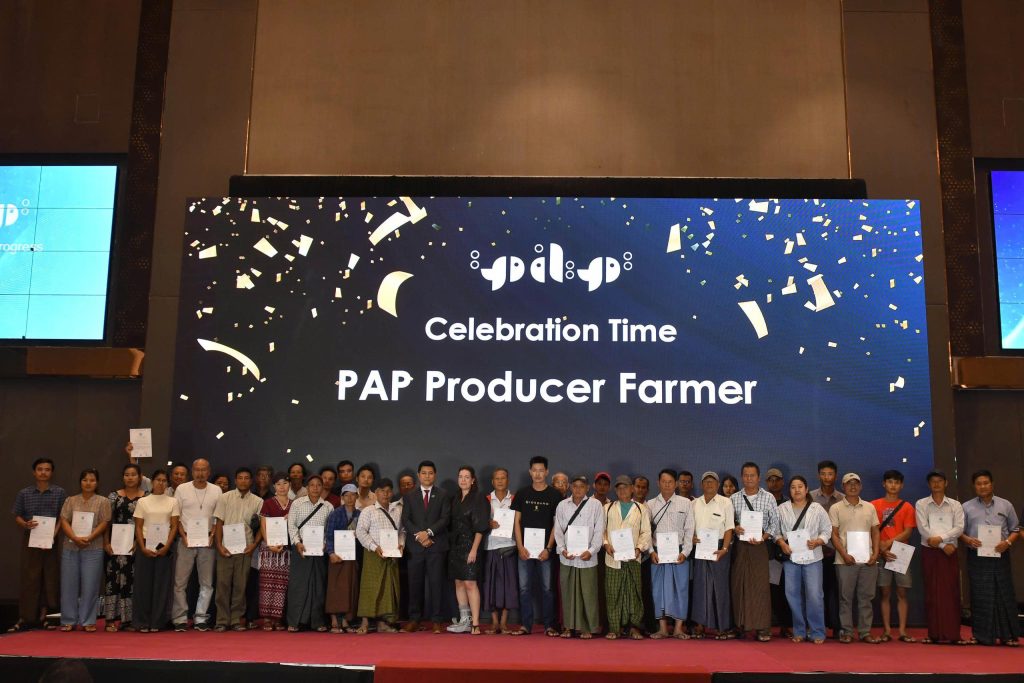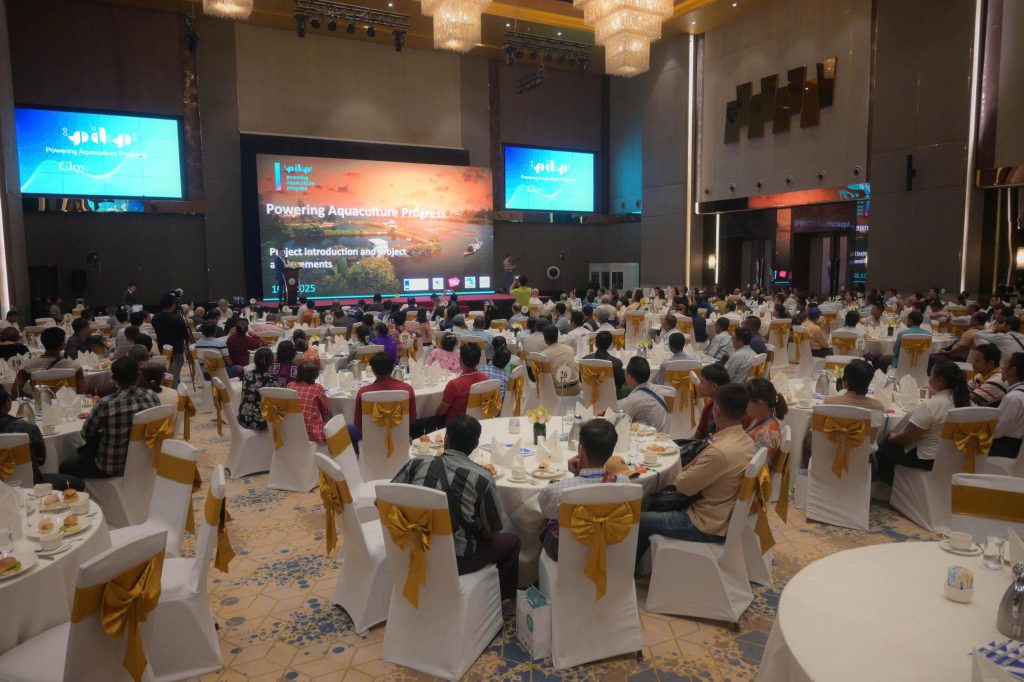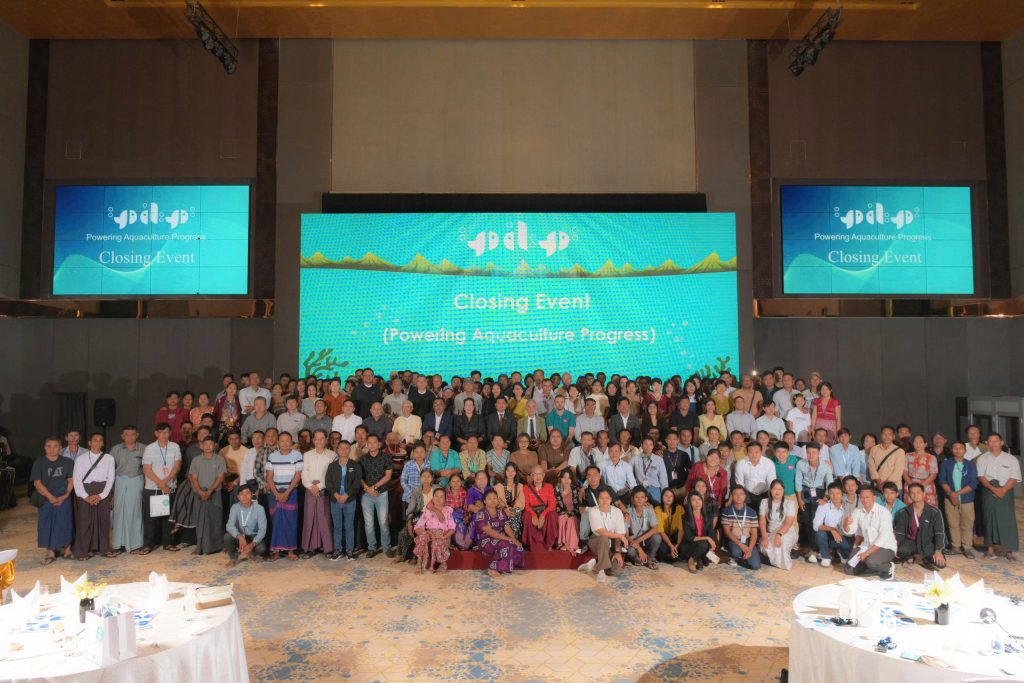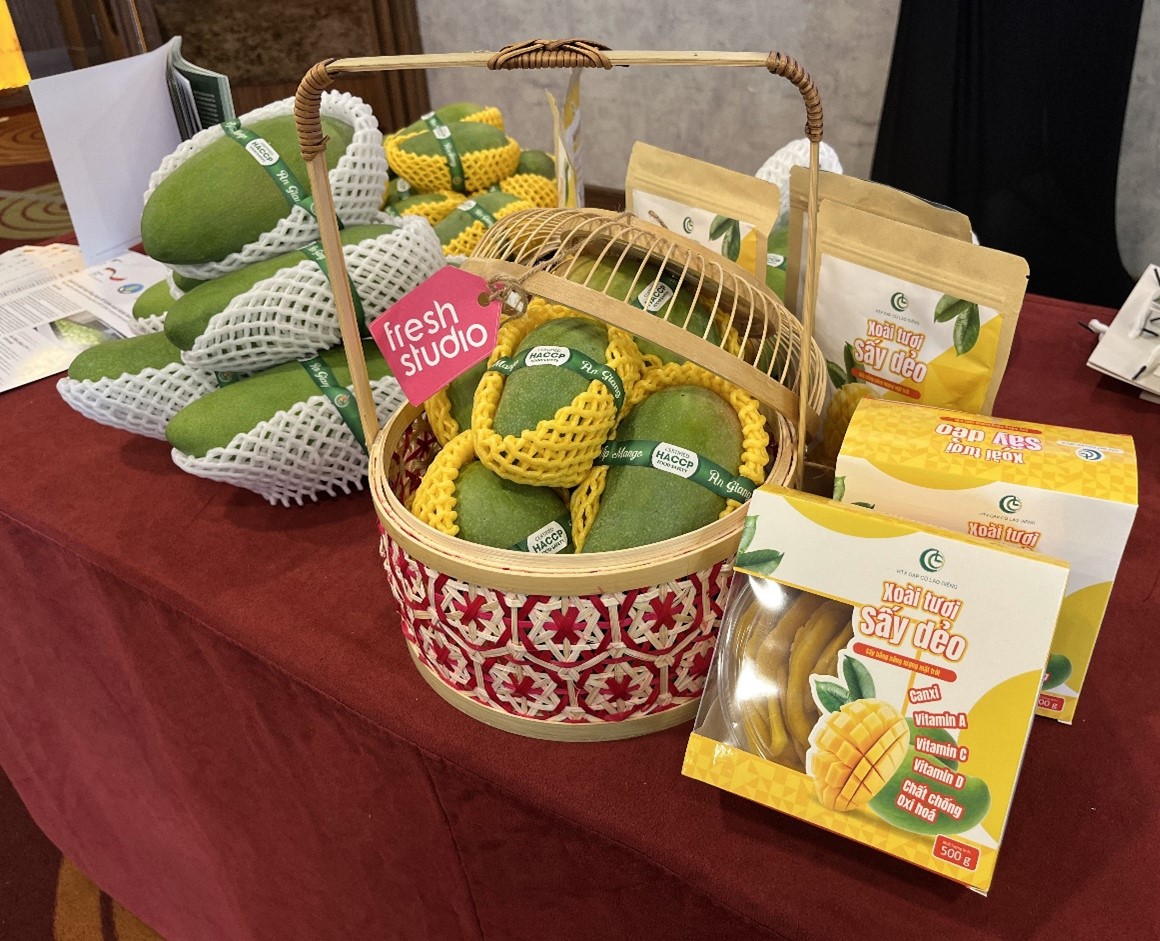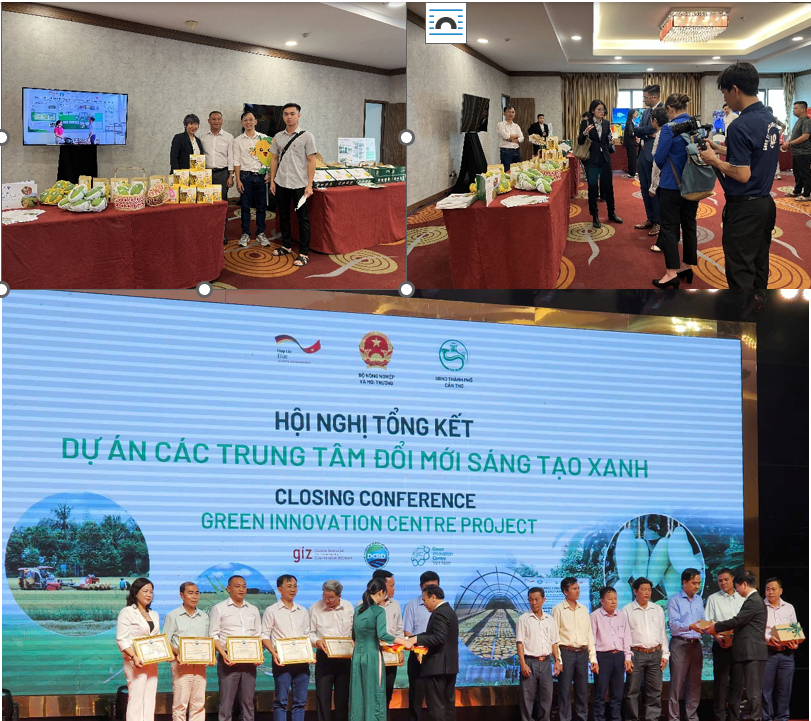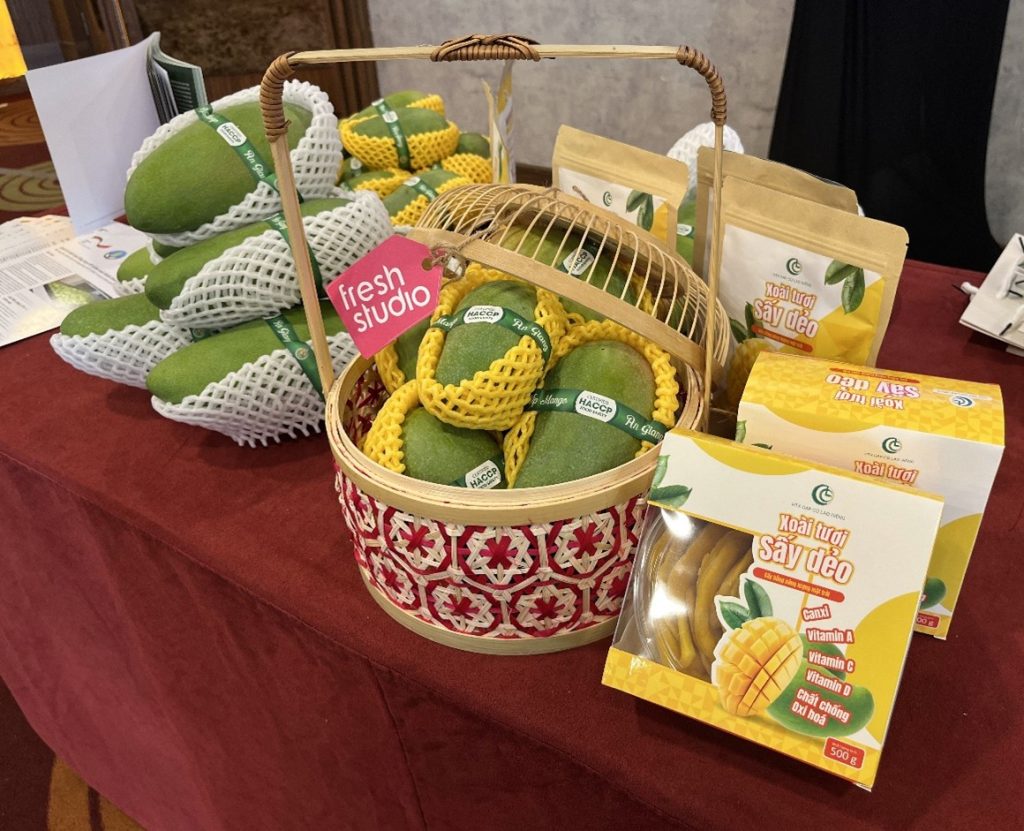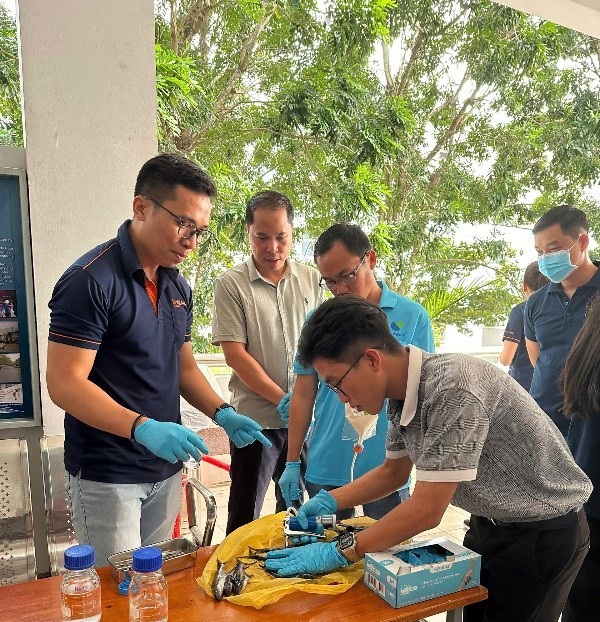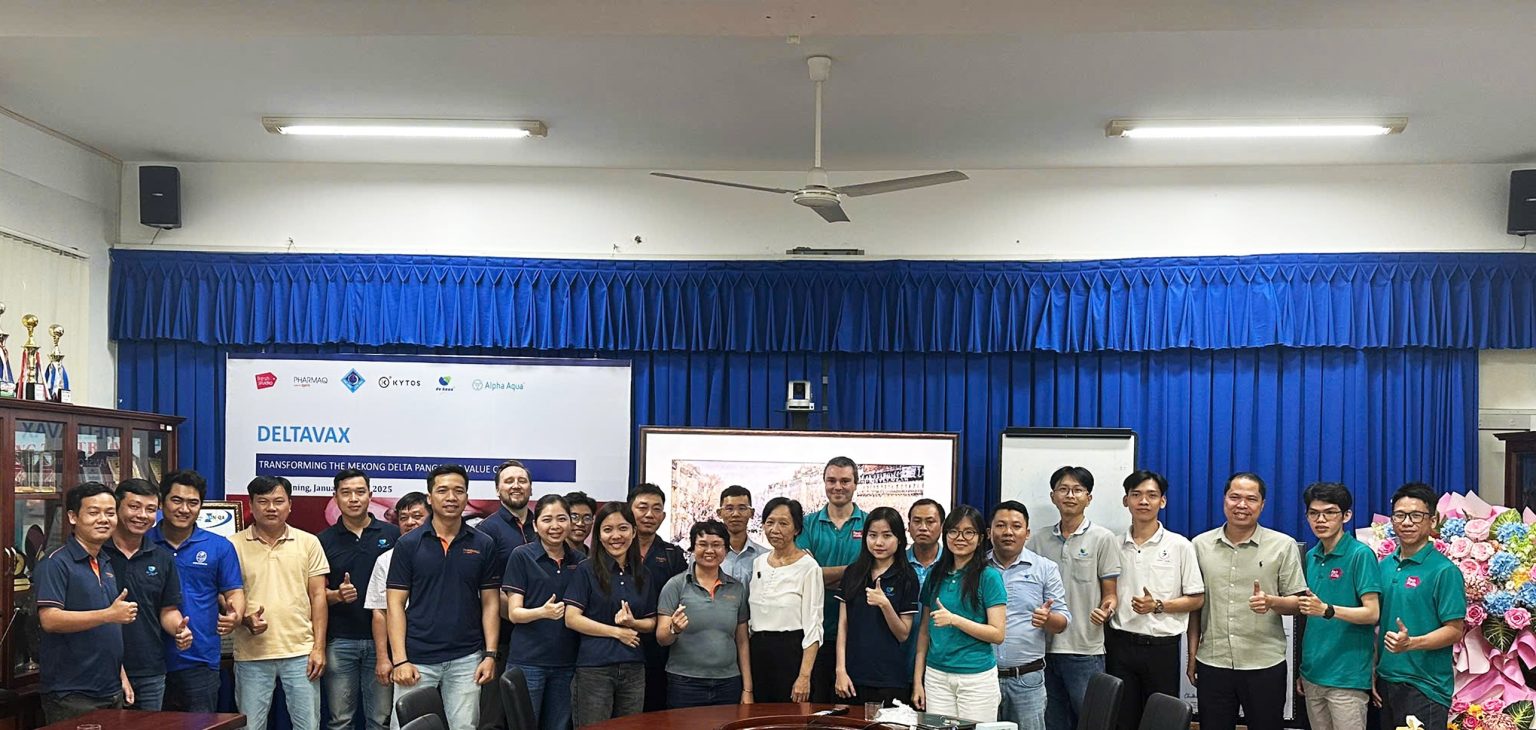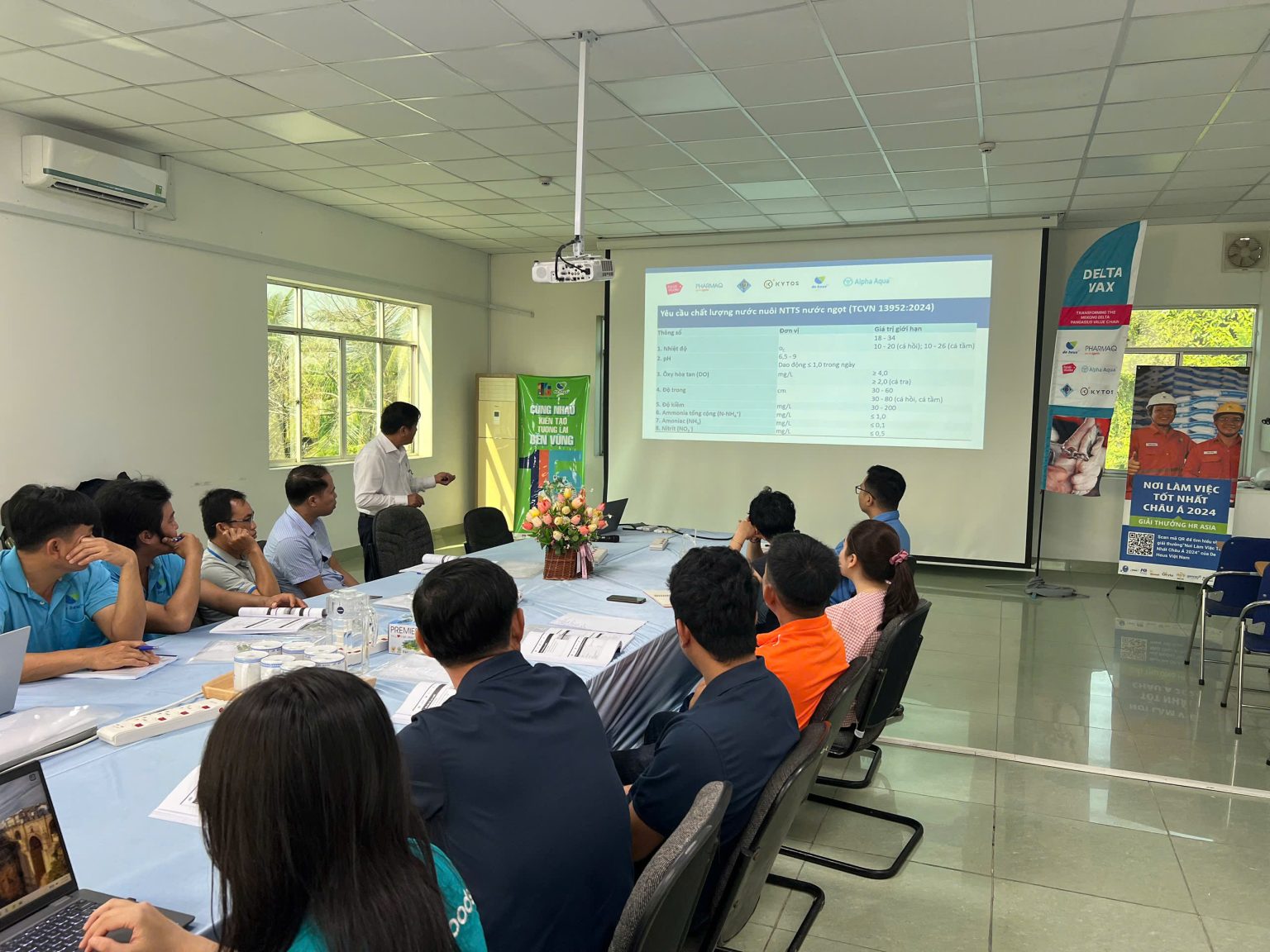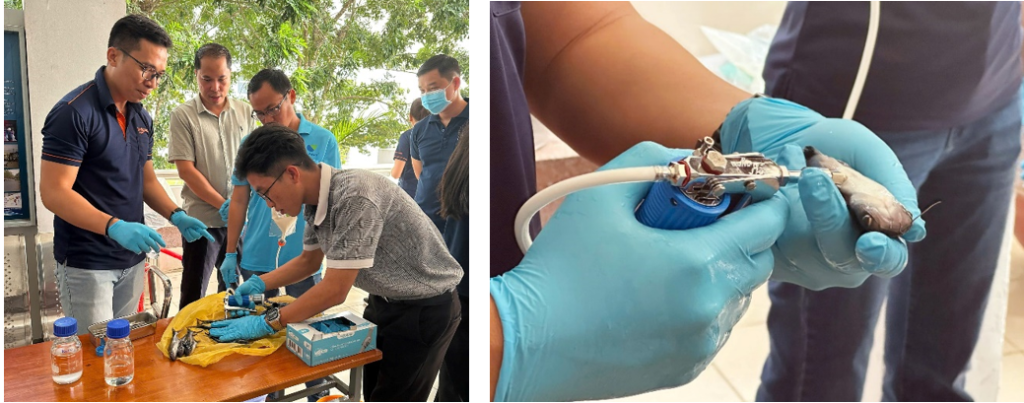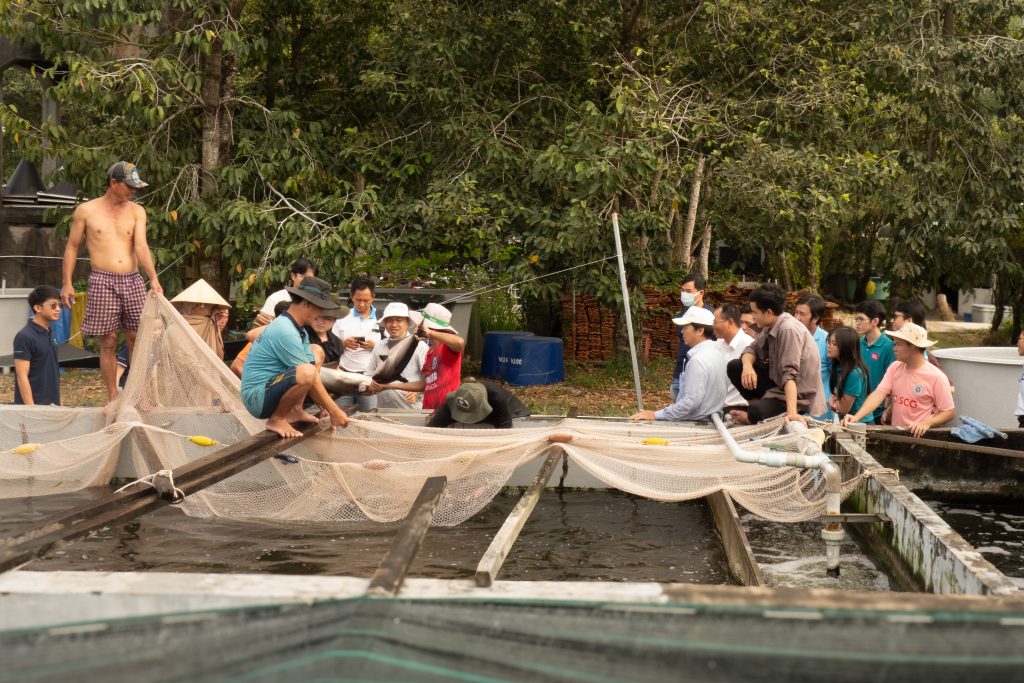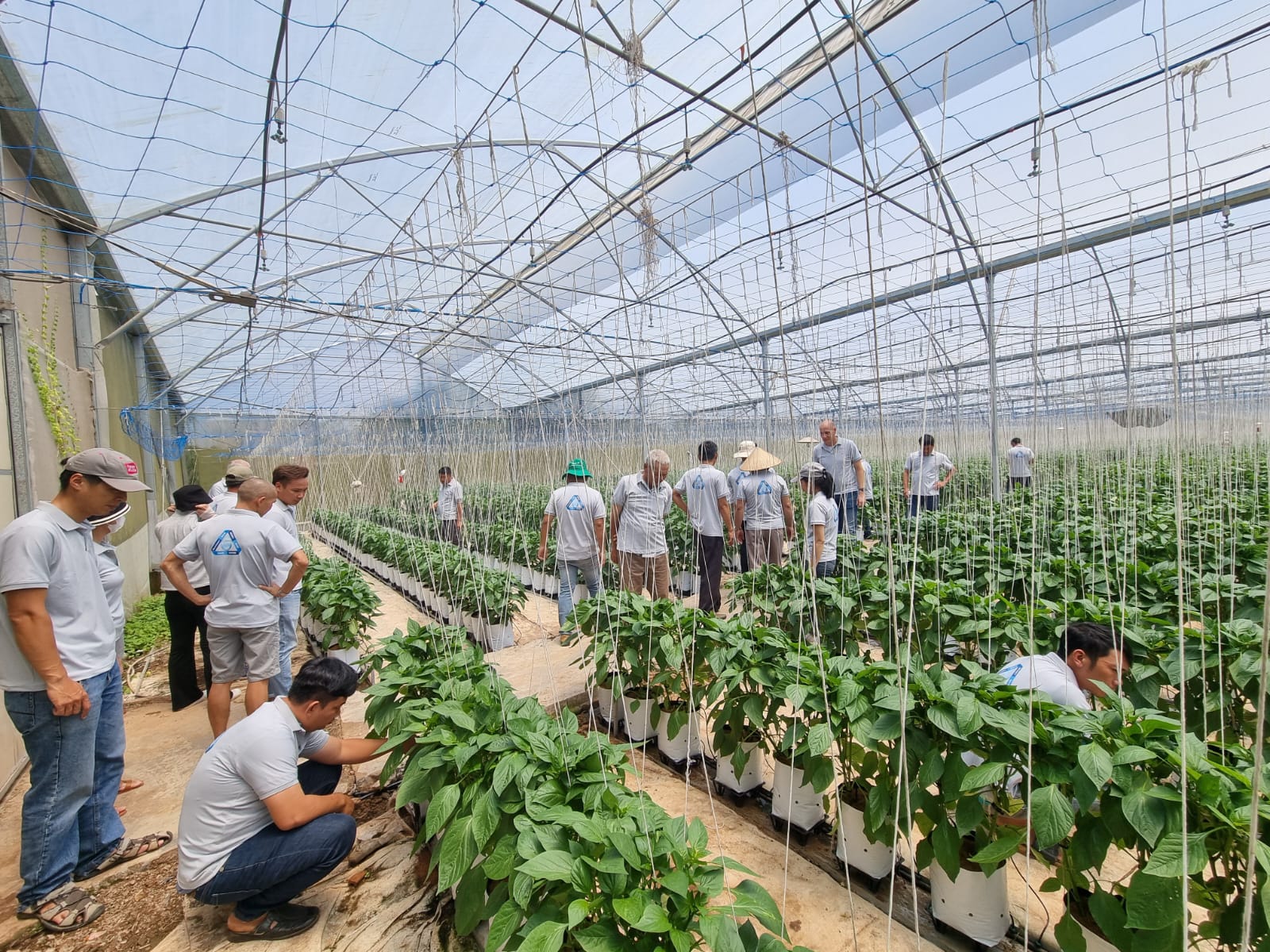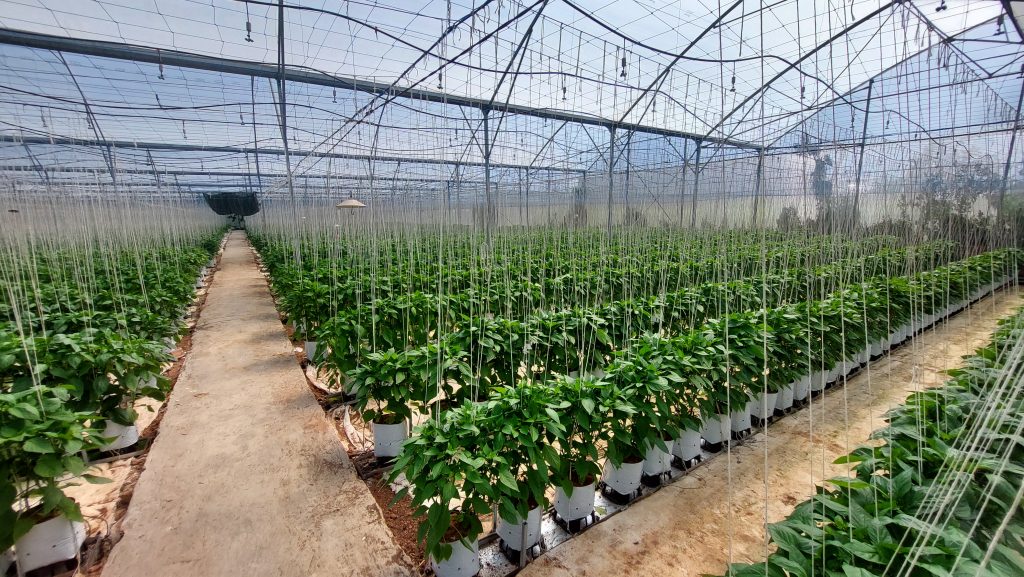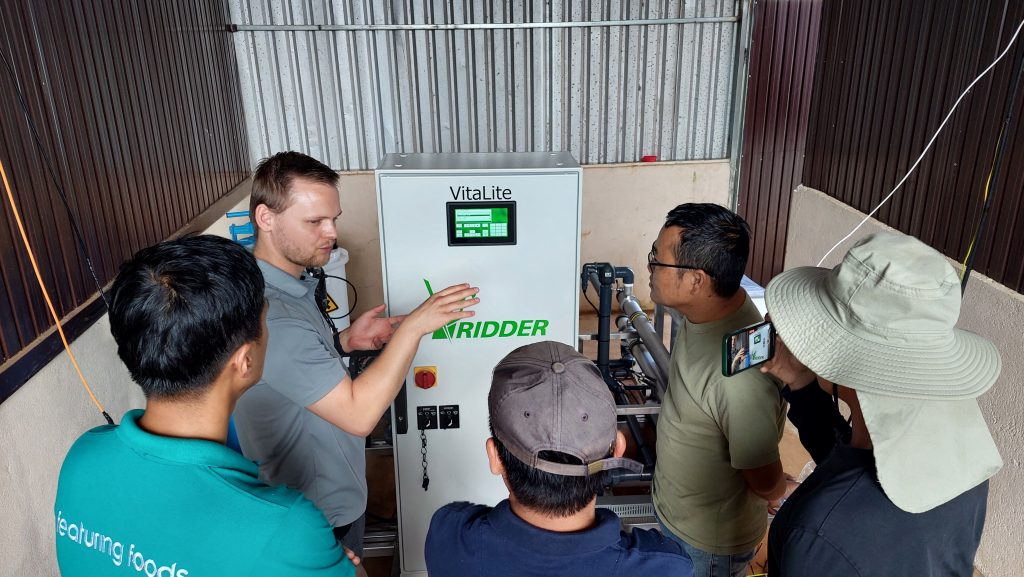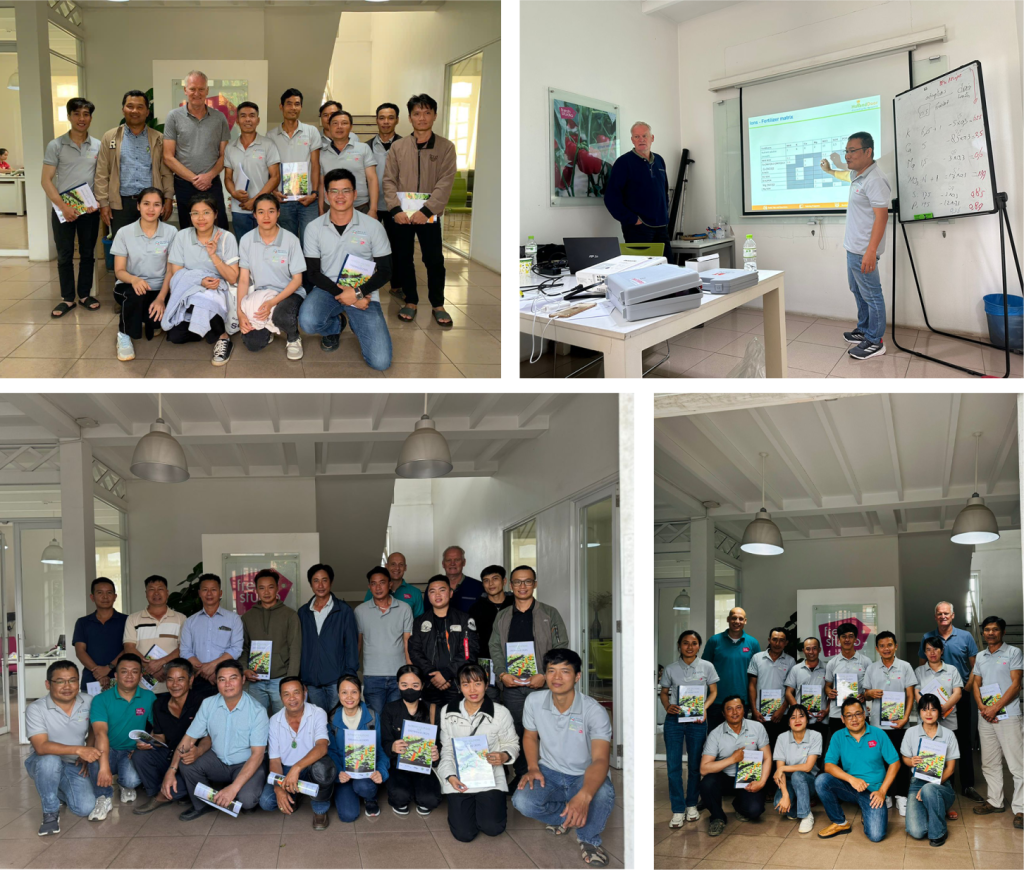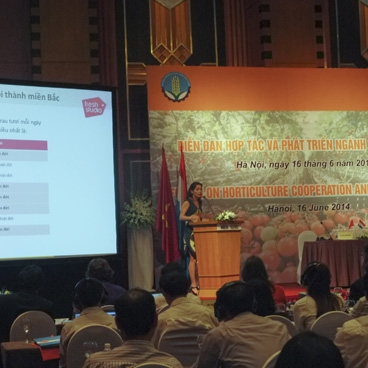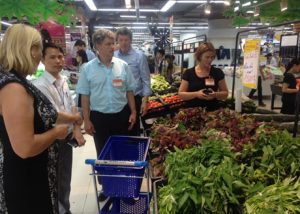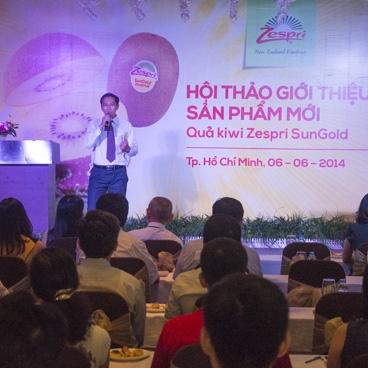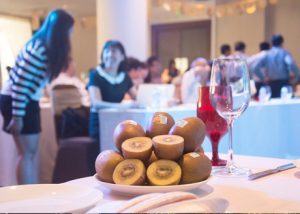Project Overview
The DeltaCare Initiative, funded by the Netherlands Enterprise Agency (RVO) under the Combitrack program, builds on the foundations laid by the successful DeltaVax project. DeltaCare is dedicated to improving the welfare of farmed pangasius and shrimp in Vietnam. Through a comprehensive assessment of welfare practices across farming, transport, and processing stages, the initiative aims to set new benchmarks for ethical aquaculture.
By raising awareness and promoting welfare standards, DeltaCare seeks to enhance fish health, productivity, and marketability, aligning Vietnam’s aquaculture industry with international expectations and consumer demand.

Key Activities
- Welfare Assessment
In-depth surveys and on-site evaluations of hatcheries, nurseries, grow-out farms, processing facilities, and transportation systems to identify welfare challenges and prioritize improvements.
- Stakeholder Engagement
Interactive workshops and interviews with farmers, processors, consumers, academics, and students to foster collaboration and shared understanding of welfare practices.
- Awareness Campaigns
Educational initiatives targeting diverse stakeholders, including social media outreach and brand ambassador programs such as partnerships with the EY4F campaign and local universities.
- Welfare Guidelines
Development of a practical, species-specific welfare manual for farmers, offering clear and actionable best practices.
- Production Data Analysis
Leveraging data from Fresh Studio and partner farms to demonstrate how welfare improvements can align with better production outcomes.

Expected Outcomes
Improved Welfare Standards: Healthier fish and shrimp, resulting in higher-quality products for domestic and international markets.
Enhanced Market Access: Compliance with strict welfare regulations to unlock premium markets such as the EU and UK.
Increased Stakeholder Awareness: Greater understanding and adoption of welfare practices across the aquaculture value chain.
Development of a Welfare Assessment Tool: A simplified checklist enabling farmers to evaluate and improve their current welfare status.
Policy Advancement: Initiating dialogue with policymakers to integrate welfare into regulations and training curricula.
Improved Industry Image: Rebranding pangasius from a low-cost commodity to a premium, ethically sourced product.

Why It Matters
By prioritizing welfare, DeltaCare not only enhances animal health and farm productivity but also strengthens Vietnam’s position in global aquaculture markets. This initiative represents a critical step toward sustainable, responsible, and profitable aquaculture.



